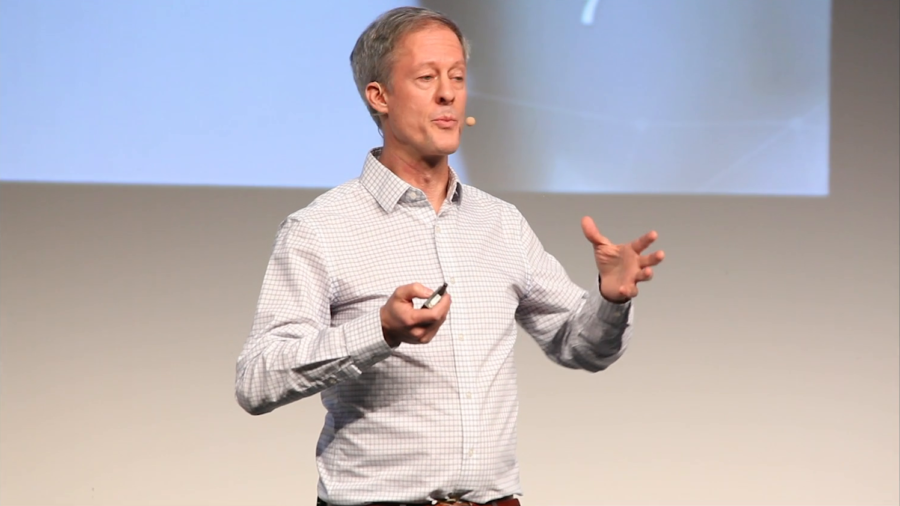We really seem to indulge in dystopian thinking. And we love it. And I really wonder why that happens. I don’t know how you feel about this, but it really stresses me out. And it kind of bothers me that it’s still a lot of times easier to imagine the end of the world than how we could live on a sustainable planet.
IxDA (Page 1 of 2)
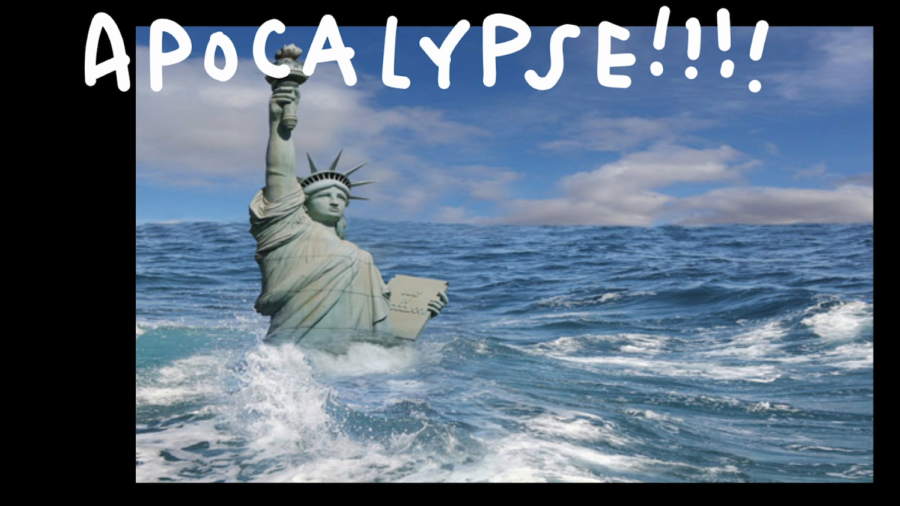
Apocalypse!!!!! How Not to be An Idiot Designing Climate Futures
presented by Juli Sikorska
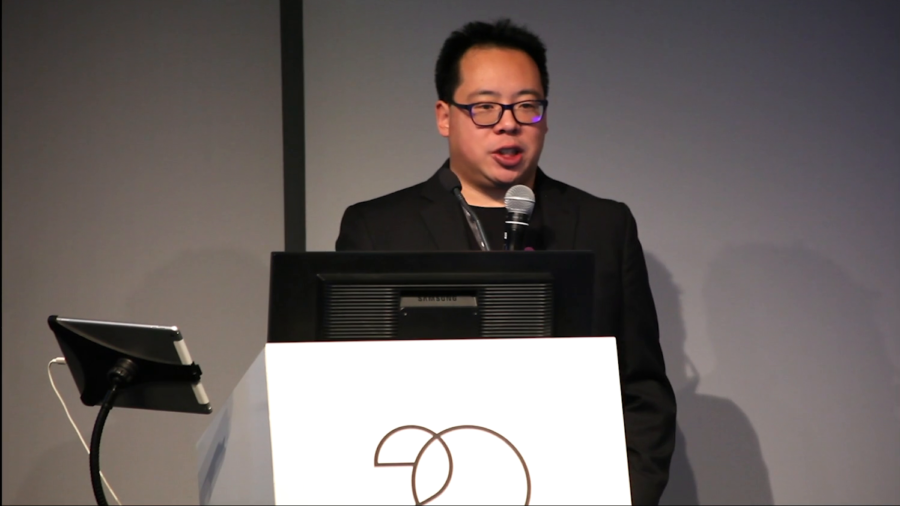
Computer, Stop
Why Star Trek only goes so far and we need to try harder than science fiction
presented by Dan Hon
Star Trek’s vision of a voice interface to computing was and remains incredibly compelling. So much to the extent that about three years ago, Amazon included “Computer” as a wake word to the Echo so that we can pretend to talk to the first mass-market voice assistant as if we’re on a spaceship in the 24th century.
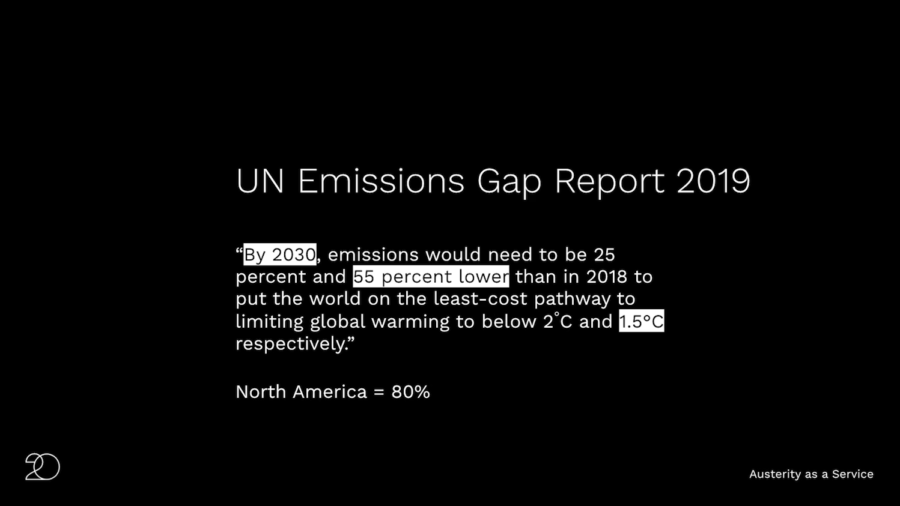
Austerity as a Service
Human-Centered Design for Climate Mitigation and Resilience
presented by Scott Sullivan
As a human-centered designer what is my role, what is our role, in this kind of bigger picture? If this is the dominant lens of society, what’s our contribution?
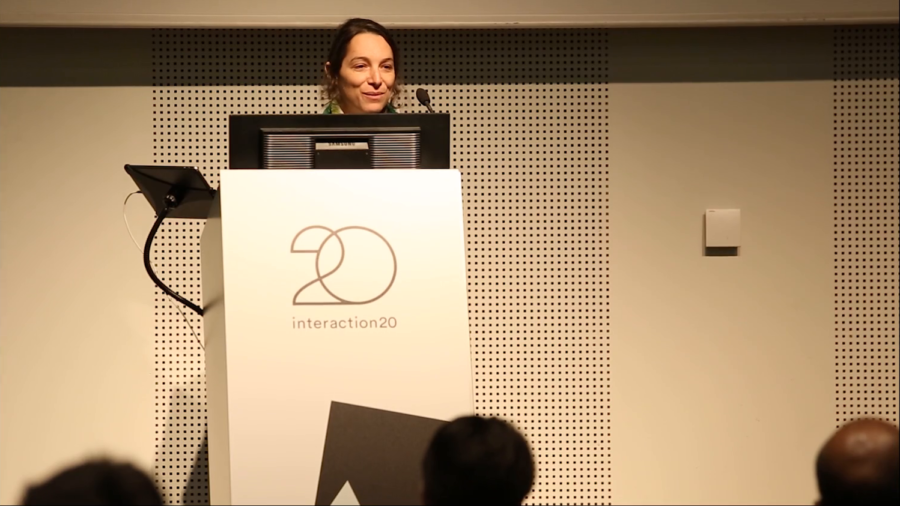
In Praise of Discomfort
presented by Marie Jasmin
For an experience to be memorable let alone transformative, the human brain has to be pushed out of default auto-pilot mode into conscious thought. And that push necessarily involves some level of discomfort.

Empathy Reifies Disability Stigmas
presented by Liz Jackson
I think we need to start thinking critically about things that we perceive as wholesome. Empathy has become a big business, and we ought to be able to examine it. Everyone’s always trying to diagnose disabled people. But I’m gonna have a little bit of fun. And I’m actually gonna diagnose all of you.
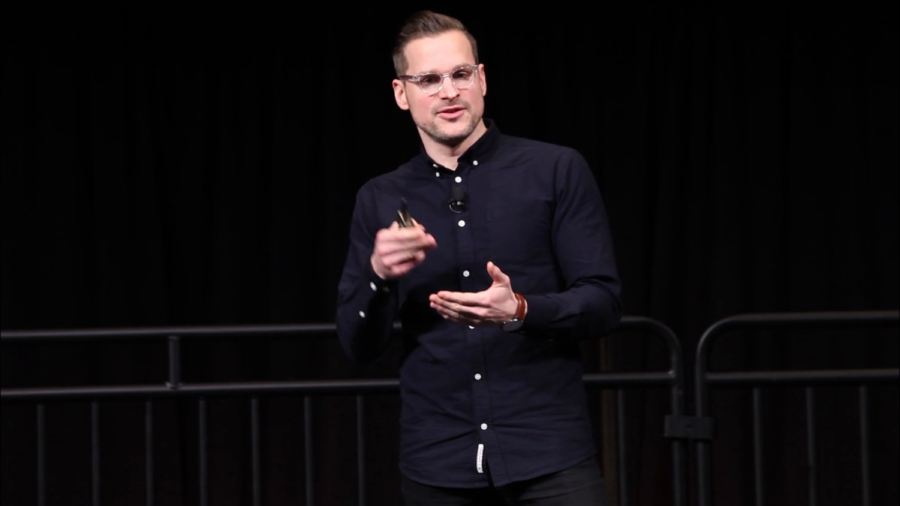
Designing for Data Literacy in the Age of Post-Truth
presented by Holger Kuehnle
We should use our toolbox to make complexity understandable. We need to use the tools at our disposal to build data literacy by showing the context that data exists in. Because with that data, and with context around the data, we’ll be able to build understanding…
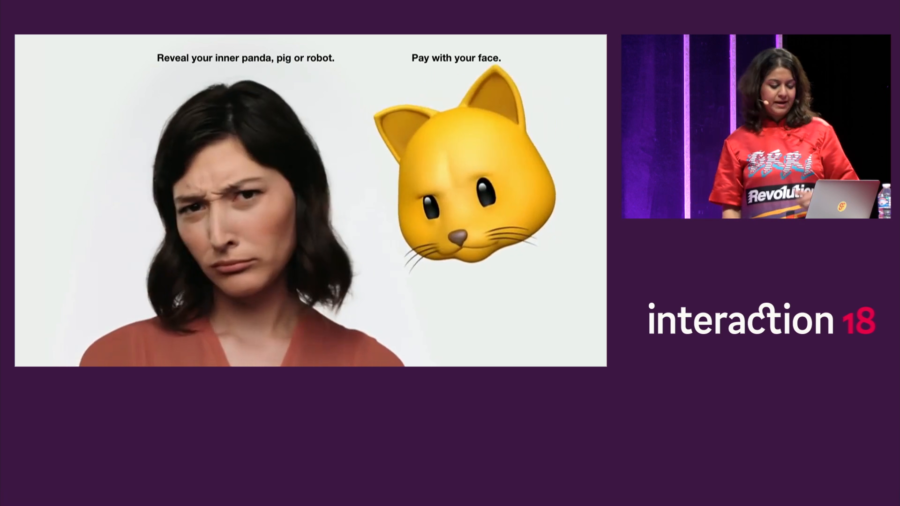
More-Than-Human Centred Design
presented by Anab Jain
I think it’s important to say that one thing about our work is that we are not fixated on the future as a strict linear progression. We start by acknowledging the fact that the future is not a fixed destination but a constantly-shifting and unfolding space of diverse potential.
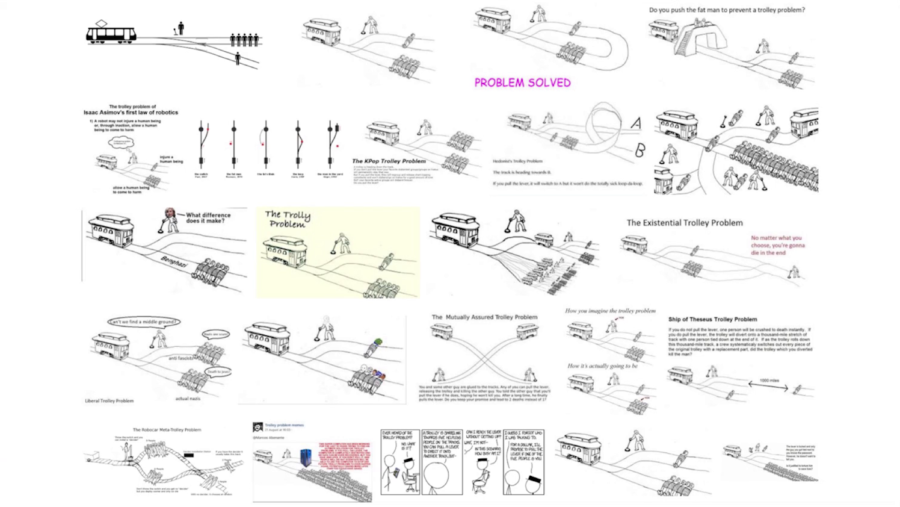
The Markkula Center for Applied Ethics at Santa Clara University has some really useful thinking and curricula around ethics. One of the things they point out is that what ethics is not is easier to talk about than what ethics actually is. And some of the things that they say about what ethics is not include feelings. Those aren’t ethics. And religion isn’t ethics. Also law. That’s not ethics. Science isn’t ethics.
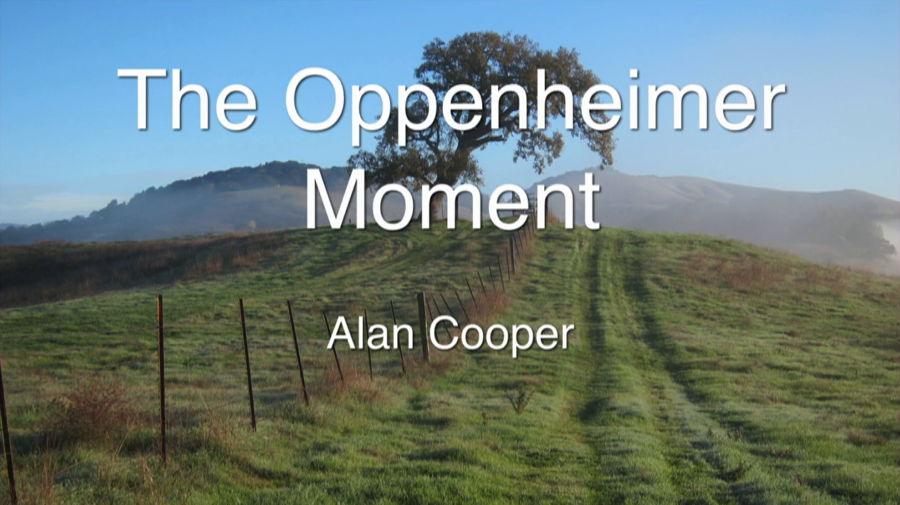
The Oppenheimer Moment
presented by Alan Cooper
Where did this evil stuff come from? Are we evil? I’m perfectly willing to stipulate you are not evil. Neither is your boss evil. Nor is Larry Page or Mark Zuckerberg or Bill Gates. And yet the results of our work, our best most altruistic work, often turns evil when it’s deployed in the larger world. We go to work every day, genuinely expecting to make the world a better place with our powerful technology. But somehow, evil is sneaking in despite our good intentions.

